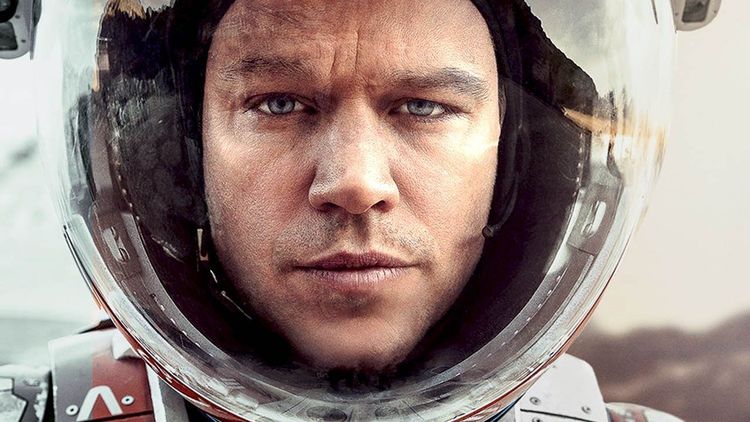
Not even the greatest directors can go their whole career without a dud on their resume.
Perhaps David Lynch or Martin Scorsese have come out mostly unscathed. But for even such names as Kubrick, Hitchcock, and Coppola, there’s more than a few stains to be found.
Even more common are the movies that’ve become “All-Time Greats” mostly for who was behind the lens. They’re seen as some of the most influential works by gifted directors of their time but have been overhyped beyond belief.
For this list, we’ve compiled a group of directors who have left an undisputable mark on cinema. The quality of the works we selected, however, are more than up for debate. It’s worth noting that just because a film is overrated doesn’t mean it’s being considered unwatchable.
All the films on this list have earned the right to have their merits debated.
Academy Award success and in-the-moment critic and audience reactions did factor into determining how well a film was received. But the aura of the movie and its place in history is what made the biggest difference in compiling the following titles.
10. Dunkirk – Christopher Nolan
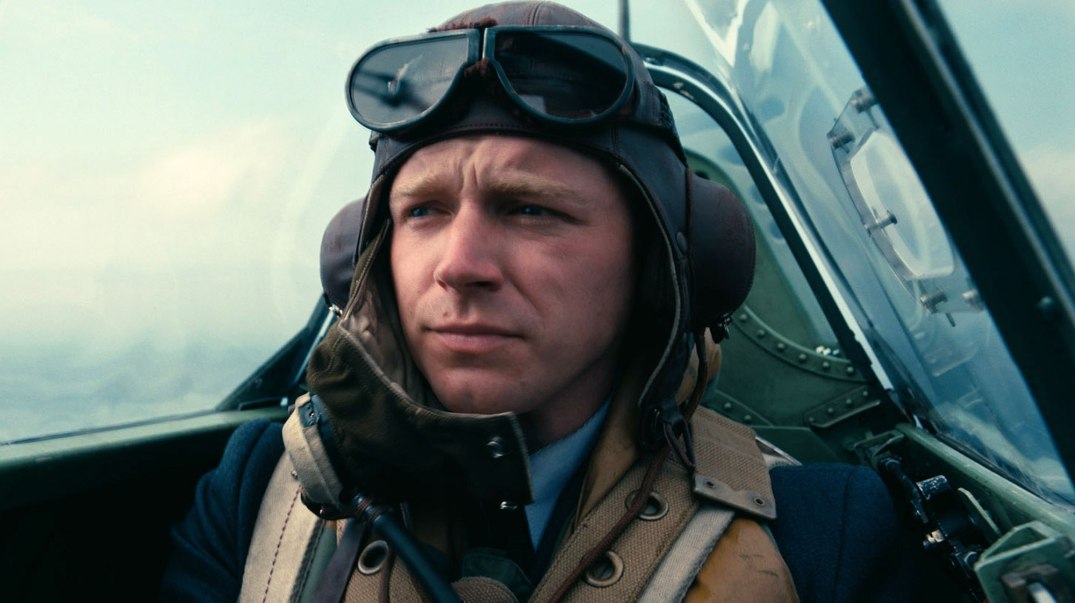
When there’s a fan base as avid and large as Nolan’s, there’s bound to be nearly as many people who want to pick apart his films.
And to be fair, there is a lot to choose from. Interstellar is as ambitious and large scale as movies get, but people will blast the use of “love transcends time and space” and criticize it for its plot holes. The latter goes for The Dark Knight Rises as well, despite its performances. And Inception’s pretentiousness will weigh itself down with certain audiences, no matter the level of creativity involved.
But there’s no doubt he’s created some gems in The Dark Knight and Memento, and The Prestige is worth multiple watches as well. But Dunkirk may not carry the same sentiment.
Nolan’s 2017 film based on the evacuation of allied troops at Dunkirk during World War II has its strengths. Nolan cleans up a lot of his past editing issues in this film, and the overall direction is very calculated. The experimental timelines, claustrophobic feel, and incredible imagery have all been praised, to the point of garnering him Best Picture and Director awards.
But Dunkirk doesn’t have any true connection aside from our attachment to the troops as a collective. None of the characters on the beach really stand out, to the point of confusing us of who is who during the tension. Tom Hardy’s pilot Farrier has a little character, and so does Kenneth Branagh’s Commander Bolton, but the film doesn’t have time to develop anything with them.
Despite the bravery shown in the film, many things still seem far too cold and calculated. This is another problem Nolan has fallen into from time-to-time in his films. The lack of character development takes away from the stress we should be feeling as we latch on to the young soldiers. But while there may be an inkling of feeling for Farrier when his plane lands, it’s not enough for Dunkirk to be called anything more than a well-paced and focused film.
9. Life of Pi – Ang Lee
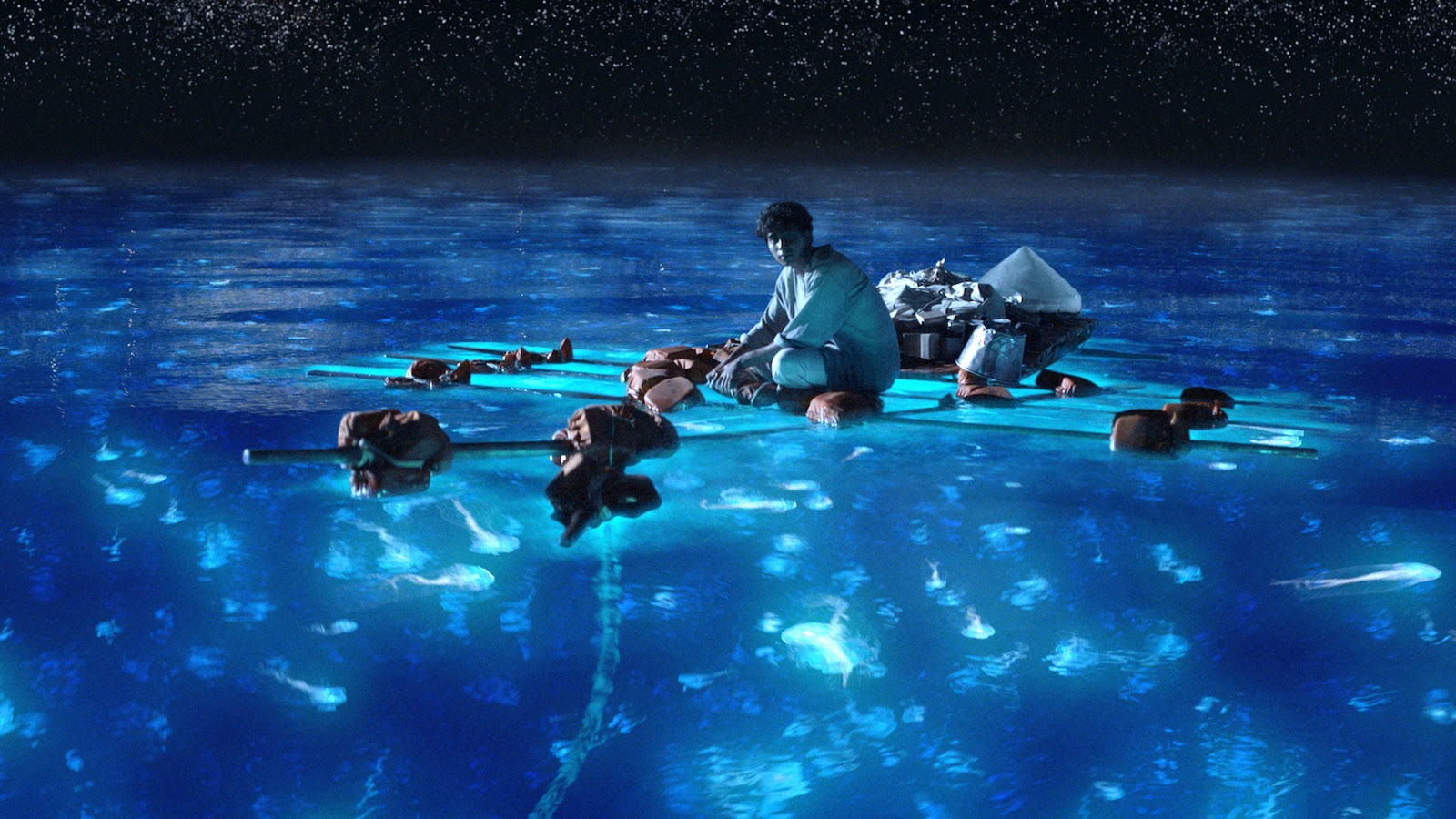
Life of Pi could be considered one of the more beautiful films of the decade. It has an incredible score to surround it and special effects that blend seamlessly into the rest of the cinematography.
But beyond the bells and whistles, there’s an engine to this film that purrs loud but doesn’t ever truly get you anywhere. The film is too drawn-out to begin with, and the internal exploration of the protagonist, Pi, is rather weak for that being its focus.
Its allegorical depictions have their positives, from the tiger’s representation of fear to its message on the nature of religion. But it fumbles its symbolistic takes on faith and believability. There’s not much in the film that showcases Pi’s actions as being ones of faith, but more as sheer instinctual acts of survival.
Lee should be credited for taking on some complex topics over the years (aside from a Hulk film), and it’s not entirely his fault that the film was so overhyped during Oscar season. But despite winning Best Director, this may not even be on his Mount Rushmore of films.
His form of telling the story was on point, as was the enchanting views around it. But the soul of story misdirects too often for it to meet the high expectations too many people set for it.
8. Baby Driver – Edgar Wright
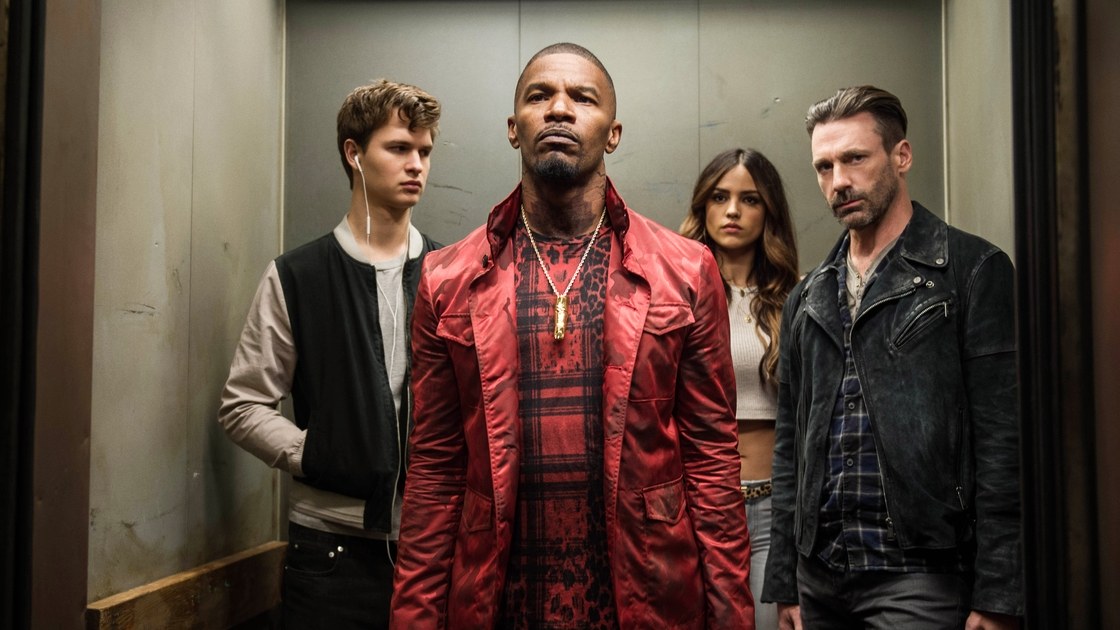
Edgar Wright is one of the rare directors his age (44) whose artistic signature and filmography is already firmly cemented. He’s still on his way up despite already having a successful and underrated thematic trilogy.
Considering this, it was no surprise that Baby Driver took last summer by storm. It had plenty of flash, with a likeable lead actor in Ansel Elgort and incredible stunt work throughout. It also showed off Jamie Foxx and Jon Hamm’s coolness personified and a killer soundtrack the whole movie is built around.
But for every wonderful ounce of exhilarating flamboyance, it all seems like window dressing for its hollowness within.
While everything clicks with the action, everything else drags behind. There is very little chemistry with Elgort’s Baby and Lily James’s Deborah, and it’s mostly due to a clunky script that almost becomes cringe-worthy. There’s very little revealed about either through their talks, and the little that is divulged is done so awkwardly.
Wright wanted the two to have an old-Hollywood type romance, but it had none of the magic of one. The best scene between them is the tense sequence when the rest of the crew goes into the diner.
There’s not much of a connection between any of the characters in this movie. Baby’s relationship with his elderly roommate had potential, as did his interesting history with Kevin Spacey’s Doc. But despite a few witty interactions, the relationships stay on the shallow end.
It makes for an ending that has all the setup of a Bonnie and Clyde-styled finale, but none of the execution to feel like one.
7. The Martian – Ridley Scott
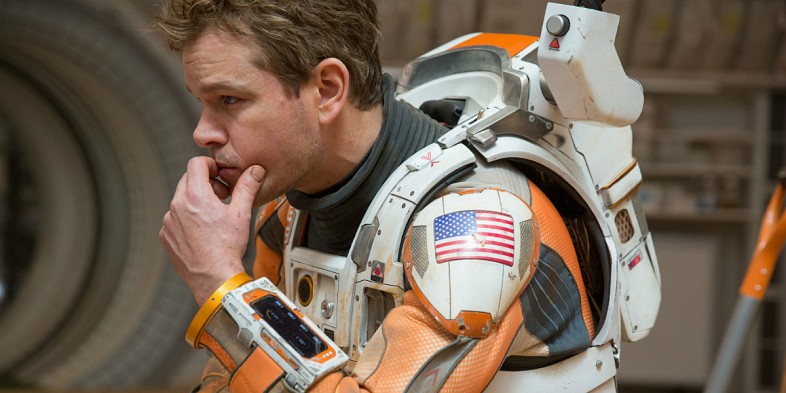
No one would discredit you for calling Ridley Scott a “visionary” director. After all, he may’ve created two of the best sci-fi films of their generation. But there’s also many of his works that get too easy of a pass.
American Gangster, Black Hawk Down, and The Martian are the main culprits here. To be fair, he also has a movie like The Duellists that never gets talked about enough. But when The Martian hit screens, it seemed people were way too desperate to announce Scott’s return to form.
This was the guy who had given us the following string of films to start the decade: Robin Hood, Prometheus, The Counsellor, and Exodus: Gods and Kings. Not exactly a cinematic Murderer’s Row.
And despite the win it got for Best Comedy or Musical at the Golden Globes, which is a good piece of comedy itself, there’s a lot left to be desired with this Castaway on Mars.
Matt Damon being Matt Damon won quite a few people over, with his mix of pain and wit shining through. It has some interesting scientific aspects it dumbs down from the already-layman explanations the novel gave.
Compared to the past ten years of Scott films, it may look good. But he’s thoroughly praised for a film that was very middle-of-the-pack for his filmography.
It’s a simple survival story that happens to take place on Mars. There’s nothing extremely clever about it, and often has tonal issues. The ending might be the best bit of comedy in the movie and screams “Hollywood production.”
It also omits much of the more interesting source content, including some major obstacles Damon’s Mark Watney faces. He has no real emotional connection to anyone in the film, even in his own crew. His story turns into a phenomenon on Earth, but the lack of intimacy weighs it down.
6. The Revenant – Alejandro Inarritu
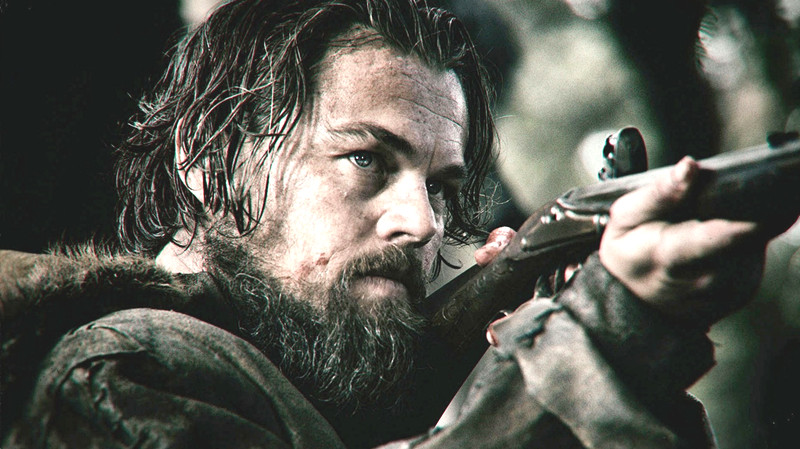
Love or hate Birdman, but that movie had some oomph and character to it. It wasn’t easy to fall out of and gave us a somewhat relatable anti-hero to follow around. Another Alejandro Inarritu film, The Revenant, didn’t give us either.
It won Oscars for best directing and cinematography. The first is laughable considering George Miller was nominated the same year for Fury Road, and the second is downright infuriating considering the cinematography of John Seale in—you guessed it—Fury Road.
It’s not that Inarritu is a fraud or anything resembling it. It’s more to the point that this film was one of his worst and was propped up by the collective exclamation for the academy to give Leonardo DiCaprio his Oscar. And boy, was he desperate for it.
This is a film chalked to the brim with DiCaprio overacting, pretentious cinematography (yes, that’s a thing) of nature, and straight up boredom. There’s very few scenes connecting Leo’s Hugh Glass with the family he seeks vengeance for.
It takes the air right out of these cinematic sails and causes The Revenant to resort to living as a shell of the movie it was supposed to be. Only Tom Hardy’s John Fitzgerald seems to truly fit into the movie genuinely, and no eating of Bison liver or grunting in pain from a bear attack can put Leo on the same level in this one.